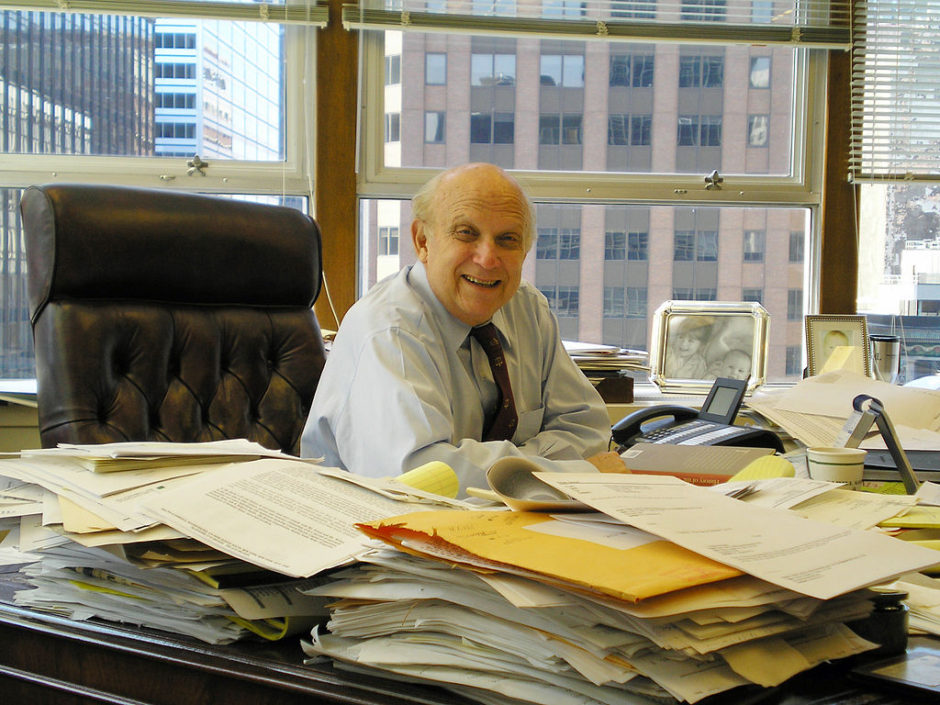We live in age when the media in America is under constant fire by conservative elites. President Donald Trump has led the charge, having accused newspapers and television networks of manufacturing “fake news.”
Journalism appears to be under siege, begging the question whether the First Amendment, guaranteeing freedom of the press, is in danger of being undermined by its vocal legion of critics.

A new Netflix documentary by Brian Knappenberger, Nobody Speaks: Trials of the Free Press, examines this pivotal issue dispassionately through the lens of two recent cases — the Hulk Hogan lawsuit against Gawker Media and the takeover of The Las Vegas Review Journal by casino mogul Sheldon Adelson.
The Hogan affair began when Hogan, a famous wrestler known for his theatrics and antics, demanded that Gawker. com — one of Gawker Media’s array of websites — remove a tape showing him having sex with another man’s wife. Gawker refused to comply with Hogan’s demand, citing the First Amendment.
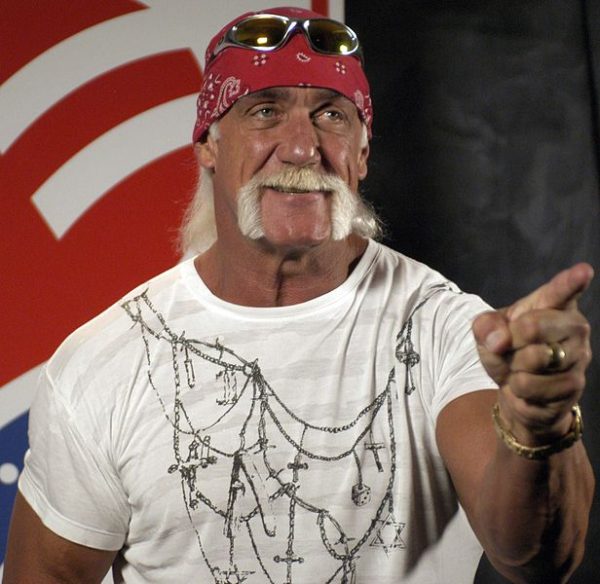
Claiming Hogan’s privacy had been invaded by what his lawyer described as a “salacious, ugly and mean-spirited” tape, Hogan sued Gawker, a platform for yellow journalism and celebrity gossip. Much to Gawker’s shock, Hogan was awarded $140 million in damages. The gargantuan size of the award was a death penalty for Gawker.
As it turned out, Peter Thiel, a Silicon Valley billionaire venture capitalist and co-founder of PayPal, had secretly paid for Hogan’s astronomical legal fees. Thiel, a Trump supporter whom the president admires, disliked Gawker with a passion and apparently wanted to bring it down. So he used Hogan as a pawn in his scheme to bankrupt Gawker, claims Gawker’s founder, Nick Denton.
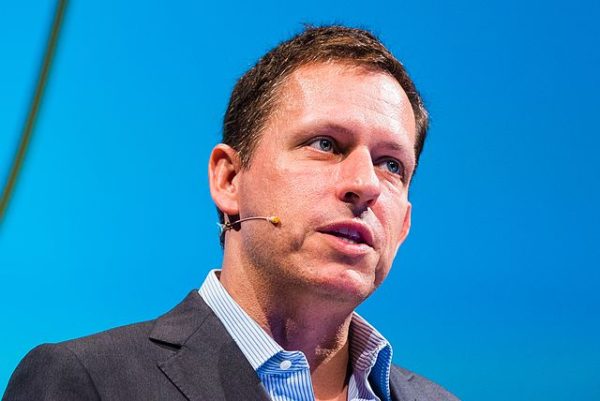
The film suggests that Thiel has opened the door to more such lawsuits. Floyd Abrams, a lawyer who specializes in First Amendment cases, believes the Hogan affair may well have a chilling effect on the media.
Knappenberger doesn’t explain why Adelson, the owner of hotels and casinos in Las Vegas and Macau, bought The Las Vegas Review Journal, the largest newspaper in the state of Nevada. But he leaves the strong impression that Adelson, a Trump funder, was keenly interested in controlling the flow of news about himself, his business empire and the casino industry.
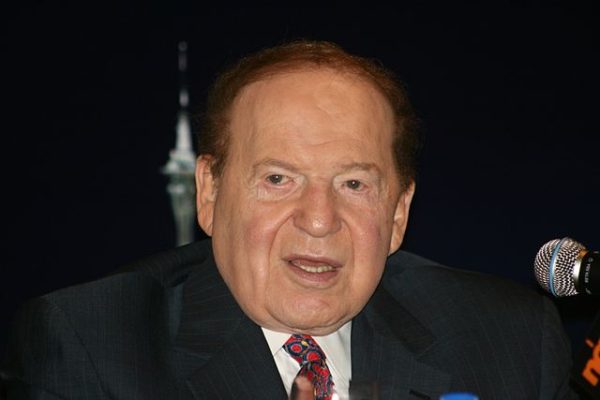
Reporters on staff feared that the newspaper’s impartiality would be imperilled by the new owner’s self-serving agenda. Their fears were not misplaced. In short order, one of its star columnists was muzzled, ordered to stop writing about Adelson. And shortly afterward, a substantial number of reporters departed. Did they jump or were they pushed?
Knappenberger, in this thought-provoking film, leaves this unanswered question open to debate, but he has no such qualms in passing judgment over the meaning of the Hogan and Adelson cases. Through Abrams, he warns that the United States could well morph into a “repressive state” without the First Amendment.
Abrams has a point.
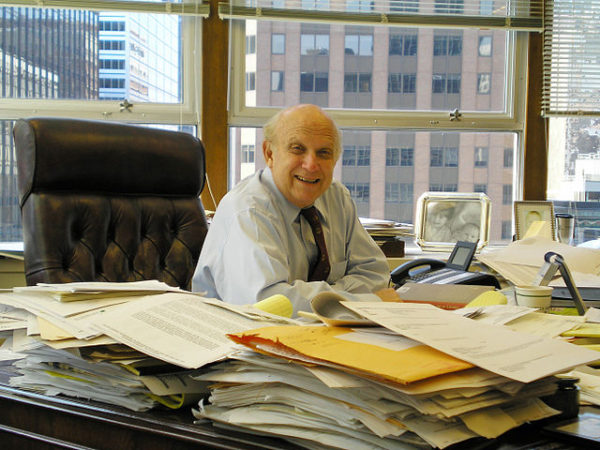
The role of a self-respecting newspaper, as the old adage goes, is to comfort the afflicted and afflict the comfortable. Or to put it another way, journalism has a sacred duty is to watch over democracy, speak truth to power and hold government, institutions and people to account.
As Thomas Jefferson famously said, “Our freedom depends on the liberty of the press.” But if the media is neither independent nor transparent, it cannot perform these vital functions successfully.
With Hogan and Adelson in mind, Nobody Speaks conveys this message fearlessly.

